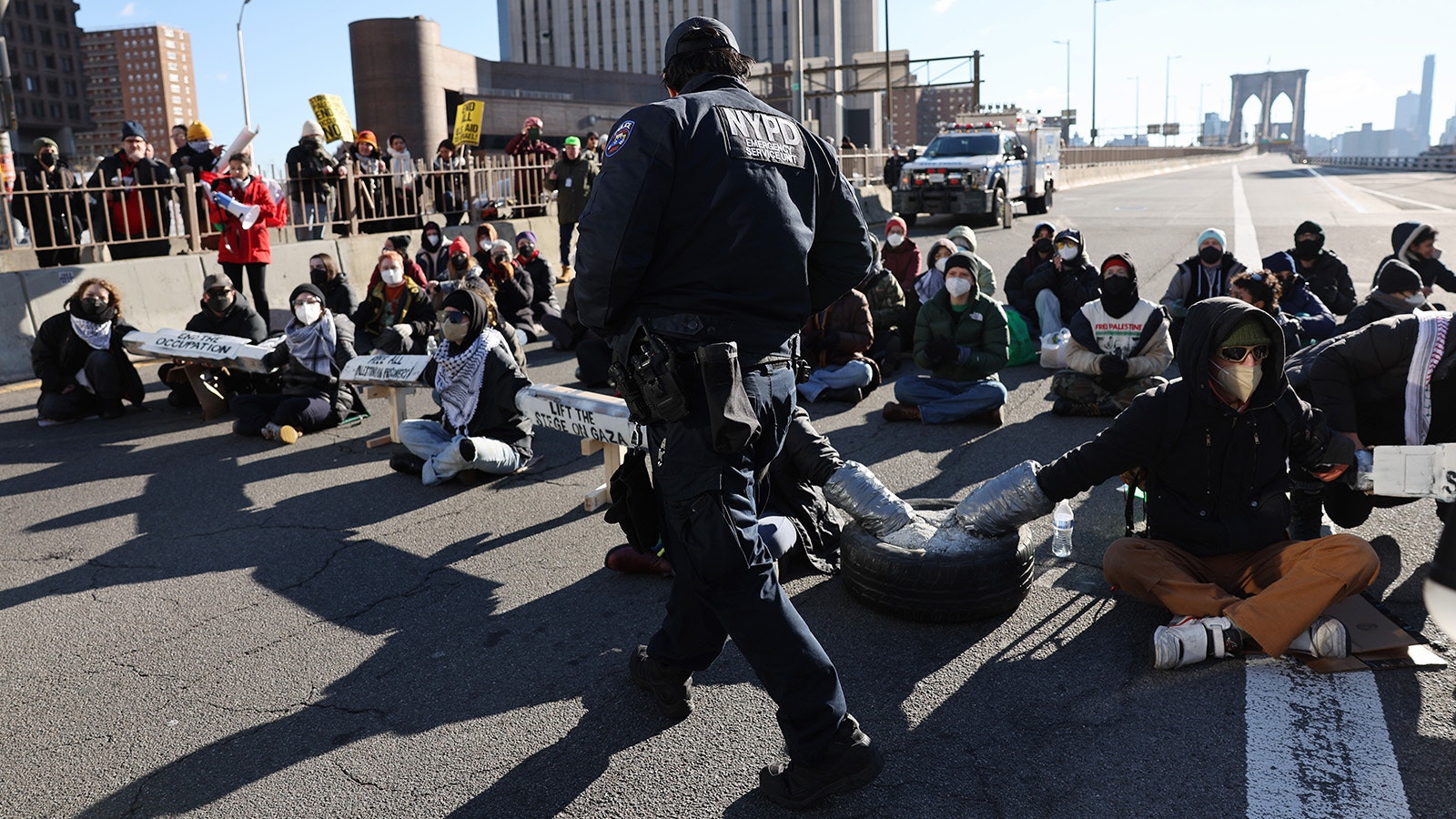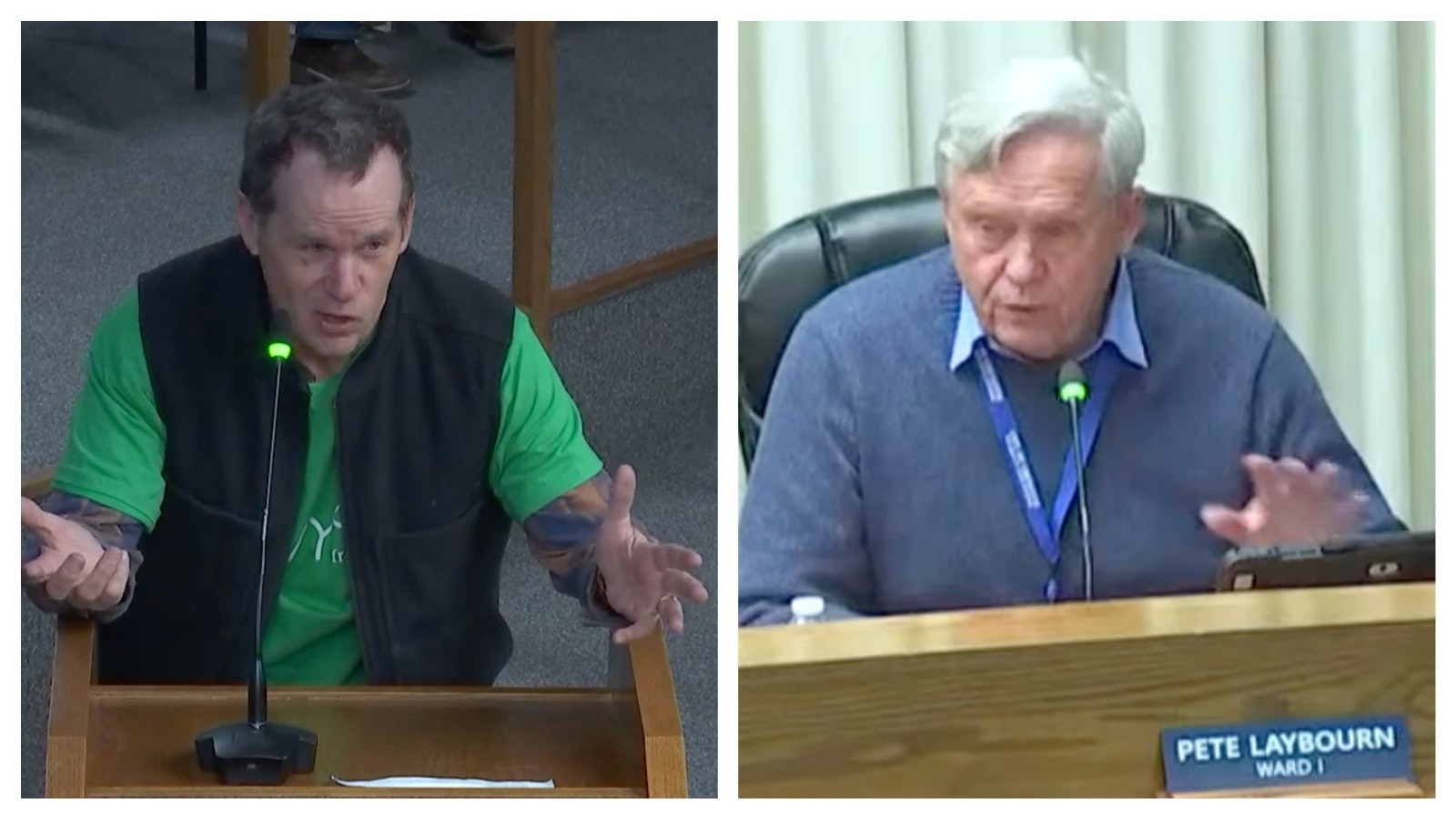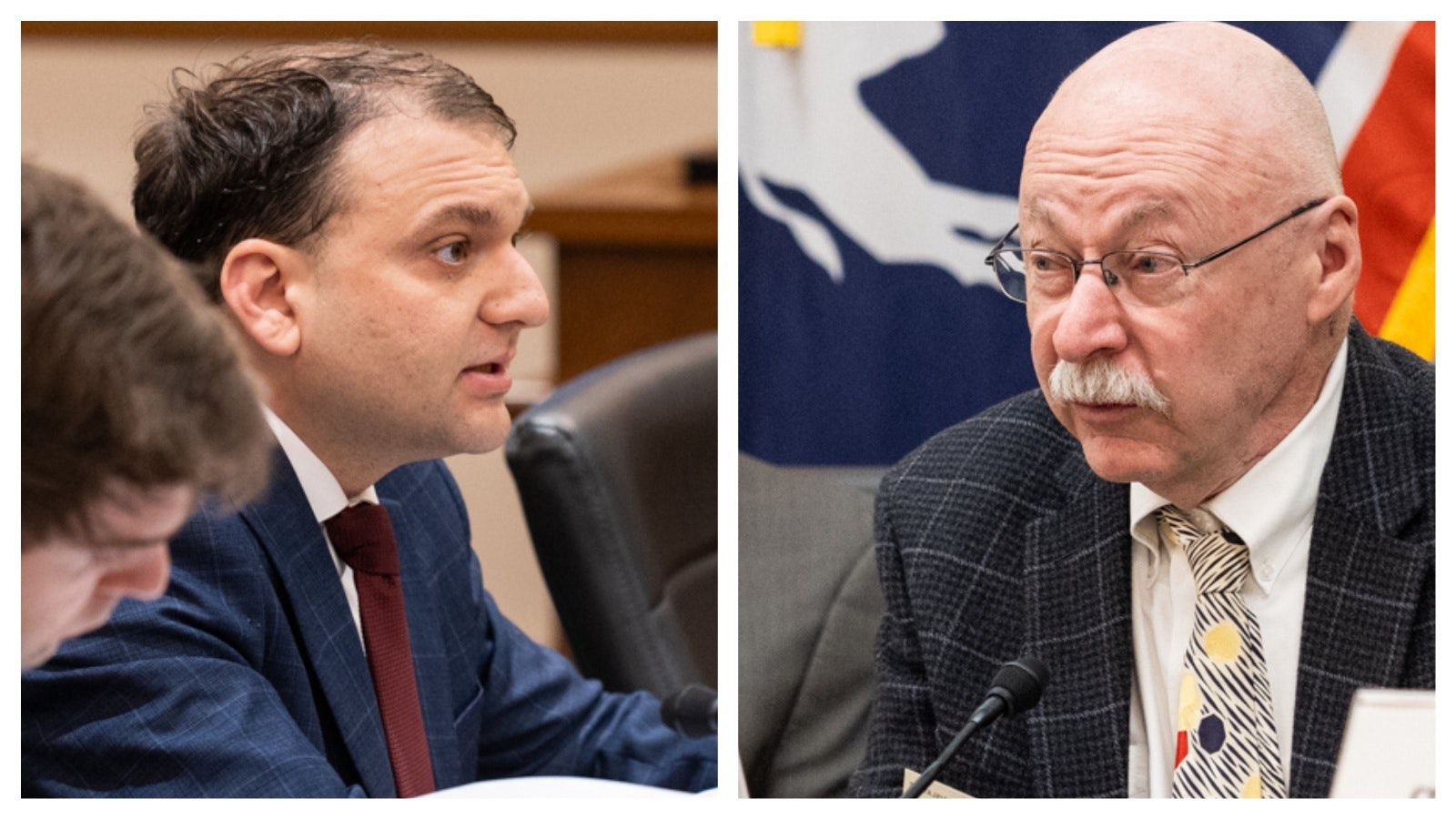A new law proposed in Congress this week would make it a federal crime to purposely obstruct, delay or affect commerce by blocking a public road or highway, and anyone convicted of doing so could spend five years in prison.
Blocking roads and highways has become more popular for protesters in recent years, and pro-Palestinian protesters have been blocking traffic around the United States and the world since the war between Israel and Hamas terrorists was sparked in October.
U.S. Sen. John Barrasso, R-Wyoming, said he supports the Safe and Open Streets Act, which has been introduced by Sens. Thom Tillis, R-North Carolina, and Marsha Blackburn, R-Tennessee.
“Protestors intentionally blocking roads and busy highways across the country is dangerous and detrimental to public safety and commerce,” Barrasso told Cowboy State Daily. “This legislation is an important effort to curb the lawlessness and blatant disruptions by radical protestors that impact hard-working Americans across the country.”
Significance
In recent years, protests resulting in the blocking and closing of public roads and highways has become a popular tactic in some high-population metropolitan areas of the U.S., but so far hasn’t been used in Wyoming.
Earlier this week, pro-Palestinian demonstrators calling for a cease-fire in Gaza brought traffic to a standstill in New York City, with thousands of people blocking bridges and tunnels.
Last month, a pro-Palestinian group blocked a Los Angeles highway, resulting in hours of delays and arrests by the California Highway Patrol.
“The emerging tactic of radical protestors blocking roads and stopping commerce is not only obnoxious to innocent commuters, but it’s also dangerous and will eventually get people killed. It needs to be a crime throughout the country,” Tillis said in a press release.
The group responsible for the California protest bragged about their exploits on X: "We cannot allow business as usual to continue, as Palestinians are murdered with impunity. So we have closed the freeway."
Similar protest rallies also were held in San Francisco in October and November.

Wyoming’s Paying Attention
Tyler Lindholm, a former state legislator and Wyoming State Director for Americans For Prosperity, co-sponsored a bill in 2019 that would have had the same effect in Wyoming as the proposed federal law.
This bill would have established misdemeanor and felony offenses for people found guilty of impeding critical infrastructure by intentionally or knowingly impeding traffic in a manner not otherwise authorized by law. The legislation didn’t pass, but shows that even in the nation’s most sparsely populated state, blocking roads and other facilities is a public safety concern.
Lindholm said while he agrees with what it would do, he opposes the proposed federal legislation because he believes issues like these need to be handled at the state level. He mentioned how except for national parks, there’s no such thing as a federal plow driver or federal pothole filler.
“I unequivocally support state action in taking action on local roads,” he said. “I’m 100% state’s rights all of the time.”
But he does agree with the legislation’s overall intent, saying people who close down roads by protesting put themselves and others at risk.
“It comes down to road safety,” Lindholm said. “Managing public streets and road violations.”
And even if a cause being protested is morally just, the closing of a road or highway could put someone’s job at risk or even worse, result in fatal consequences for someone being transported by ambulance through the closed corridor.
“When people line up on a busy roadway, they’re counting on the charity of local drivers,” Lindholm said. “Some of these drivers are not so charitable, and the safety of other drivers is at risk. If someone is sitting on their ass on the roadway, it may not be safe for anyone involved.”
Larger Picture
Many bills popped up around the United States in response to Black Lives Matter protests that swept the country in 2020 following the death of George Floyd.
Laws have been enacted in states like Oklahoma and Iowa granting immunity from prosecution to drivers whose vehicles strike and hurt protesters who put themselves into public streets.
In Florida, Gov. Ron DeSantis signed sweeping legislation that toughened existing laws governing public disorder and created a harsh new level of infractions — a bill he’s called “the strongest anti-looting, anti-rioting, pro-law-enforcement piece of legislation in the country.”
Leo Wolfson can be reached at leo@cowboystatedaily.com.





